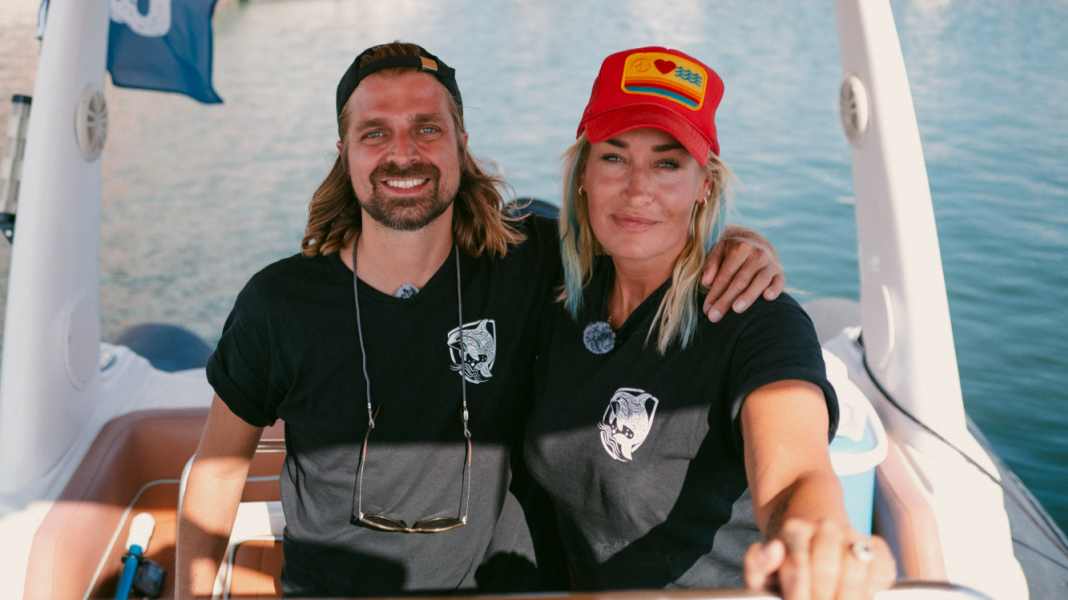
The foundation aims to "protect these majestic marine mammals, which live in the Strait of Gibraltar between April and September, from the numerous threats posed by human activity", according to an official statement from the two animal welfare volunteers.
Sarah Connor:
"The Iberian orcas are the only ones we have in Europe. There are only around 35 of them left and they are critically endangered, it's time to act!"
The Iberian orcas are the only orcas in European waters. Their population currently comprises fewer than 35 individuals, which are considered "critically endangered" according to the IUCN (International Union for Conservation of Nature). Threats such as human retaliation, illegal fishing and noise pollution jeopardise their survival in one of the world's busiest marine areas, the statement continues.
Andre Janek:
"The Iberian Orca Guardians Foundation is a crucial step towards ensuring the survival of this unique orca population and building a bridge between humans and animals."
The foundation focuses on three central pillars: patrols, education and conflict resolution in order to promote peaceful coexistence between humans and orcas. Particular attention is paid to the correct portrayal of orcas in the media. Since 2020, increased interactions of orcas with boats along the coasts of Spain, Morocco and Portugal have made headlines, often incorrectly labelled as "attacks". This has fuelled fear among seafarers and led to negative consequences for orcas. Even attacks on orcas by humans using explosive devices have been documented.
More about orcas:
Mission from Sarah Connor and Andre Janek
"Our mission is to bring people closer to the reality of these encounters and to support seafarers in areas frequented by orcas in order to avoid conflicts," emphasise the founders.
The patrols, supported by the foundation, would be regularly present in areas such as Barbate, Tarifa and Tangier from next year to actively protect the orcas and ensure sustainable coexistence.
Orca attacks and possible explanations
Since 2020, orcas have attacked several sailing yachts and not only terrified the crews, but also put them in life-threatening situations in some cases. In most cases, there was only damage to the rudder, which could later be repaired on land. However, some ships also suffered water ingress or even sank. Fortunately, the crews were rescued in time.
Scientists investigating the animals' unusual behaviour have not yet found a plausible explanation for the "interactions", as biologists and animal rights activists call the attacks. Speculation now ranges from play instinct to deliberate acts of revenge by the animals.
Reaction of the Spanish government
The Spanish government responds by occasionally closing areas of the sea to recreational boating when orcas are hunting tuna off certain stretches of coast. And the GOTA scientific working group has issued recommendations on how sailors should behave when orcas approach. Our sister magazine YACHT has reported on this multiple times reported.
At least it seems certain that it is only a single group of the orca population that targets the rudder blades of yachts: the so-called Gladis group. Whether the behaviour of these animals will eventually rub off on other orcas or whether the marine mammals will lose their appetite for sailing yachts again at some point is anyone's guess.
More on the topic:

Pascal Schürmann
Editor YACHT
